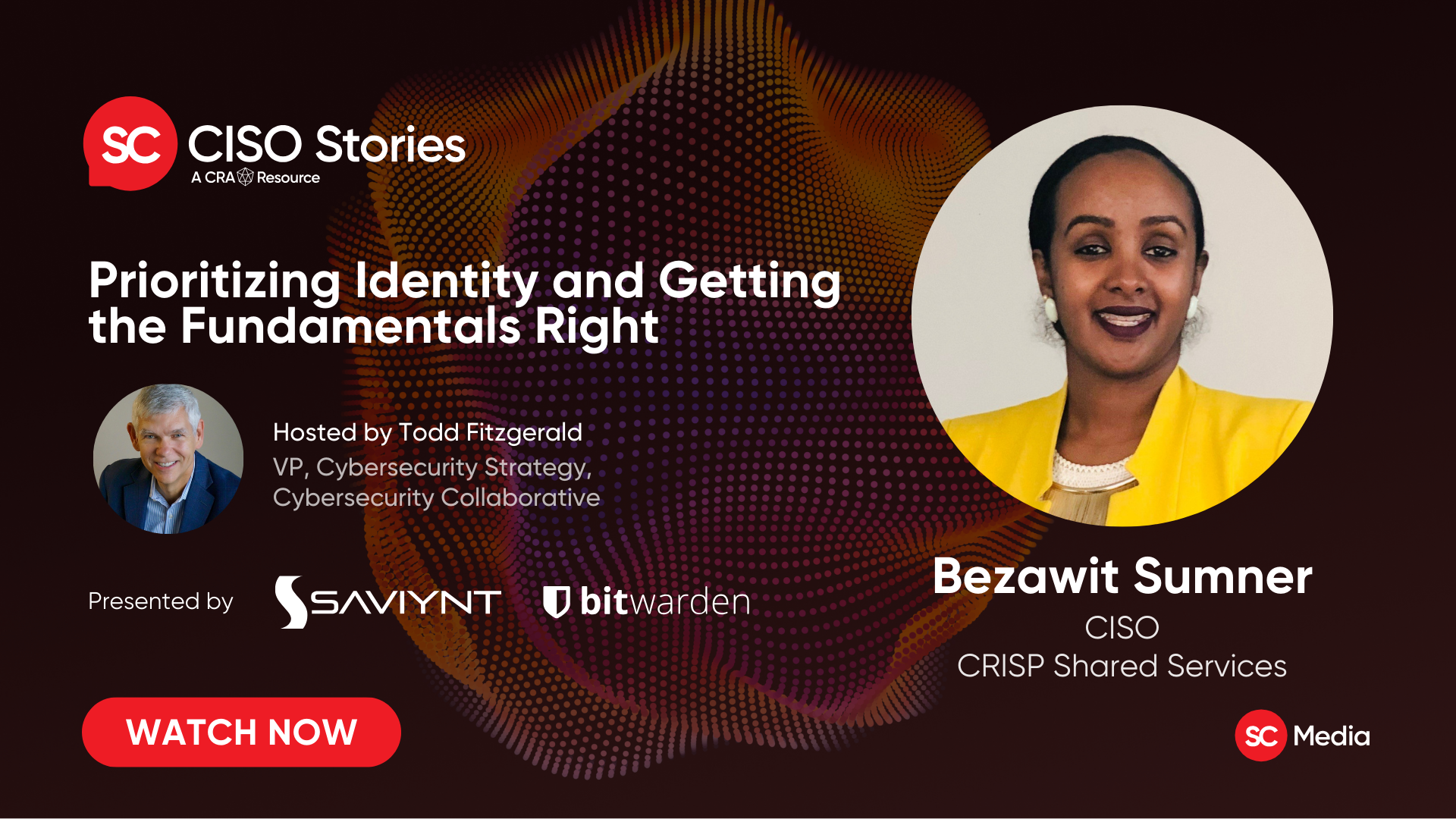Necessary Evil – BSW #189
Full Audio
View Show IndexSegments
1. State of the Managed Detection & Response Market – Ryan Benson – BSW #189
What makes MDR different from MSSP? What makes a good MDR provider? How do you decide to build your own capabilities, hire an MSSP or ally with an MDR?
This segment is sponsored by deepwatch.
Visit https://securityweekly.com/deepwatch to learn more about them!
Announcements
Don't miss any of your favorite Security Weekly content! Visit https://securityweekly.com/subscribe to subscribe to any of our podcast feeds and have all new episodes downloaded right to your phone! You can also join our mailing list, Discord server, and follow us on social media & our streaming platforms!
It's official! Security Weekly, in partnership with CyberRisk Alliance, is excited to present Security Weekly Unlocked on December 10, 2020. The inaugural edition of Security Weekly Unlocked also celebrates Security Weekly's 15th Anniversary. Visit securityweekly.com/unlocked to submit your presentation & register for free!
Guest
Ryan Benson is deepwatch’s Director of Service Offerings. He is responsible for building go-to-market strategy and operational effectiveness across deepwatch’s Managed Detection and Response, Managed EDR, Managed Firewall, and Vulnerability Management services. Ryan has over 15 years of experience in managed security services in roles such as Cyber Operations Officer, Director of Managed Security Services, and Senior Director of Risk, Compliance, and Security Operations. Ryan also served as a Gartner Analyst covering Security Operations Technologies including SIEM and Cyber Threat Intelligence, as well as Managed Security Services. Previous to his work in the private sector Ryan was a Captain in the United States Air Force where he directed daily operations and information security policy for a high security critical network.
Hosts
2. 6 Types of CISO, Habits of Highly Effective CISOs, 10 Key Security Projects – BSW #189
In the Leadership and Communications section, 6 types of CISO and the companies they thrive in, What are the habits of highly effective CISOs, Cybersecurity is Not a Four-Letter Word, and more!
Announcements
Don't forget to check out our library of on-demand webcasts & technical trainings at securityweekly.com/ondemand.
We're always looking for great guests for all of the Security Weekly shows! Submit your suggestions by visiting https://securityweekly.com/guests and completing the form!
Hosts
- 1. 6 types of CISO and the companies they thrive inThere are six types of CISOs depending on the type of organization they work and their personality type, according to Forrester: 1. Transformational: Often "energized" to dive into a three- to five-year transformational initiative, said Pollard. These individuals tend to enjoy turn-around projects and watching business outcomes unfold. 2. Post-breach: Thrive in turbulence; they take on rebuilding a company's security organization while mitigation and PR crises play out in the background. These CISOs don't mind the possibility of becoming "the punching bag" for vendor presentations in the future, said Pollard. 3. Compliance guru: Typically work in highly regulated industries and are fluent in regulatory bodies and acronyms: HIPAA, CCPA, FDA, etc. 4. Tactical/operational: Action-oriented and can sift through technical complications. 5. Steady state: One of Pollard's favorite types because they usually serve at companies that don't need immediate transformation. "Maybe the company is OK right now," he said. 6. Customer-facing/evangelist: Unafraid, and rather enjoys being their company's spokesperson for cybersecurity. Tech companies often have this kind of CISO because they can appeal to customers with their charisma.
- 2. What are the habits of highly effective CISOs?Most effective CISOs constantly initiate discussions on evolving cyber security norms to stay ahead of threats; prioritise keeping their organisation’s decision-makers aware of current and future risks; proactively engage in seeking out and security emerging security technology; implement formal and actionable success plans; and define their organisation’s risk appetite through collaboration with decision-makers.
- 3. Cybersecurity Is Not A Four-Letter WordWhy we don’t talk about cyber security: 1. We don’t understand fully 2. We can’t see it 3. It's terrifying
- 4. 7 Strategies for Better Group Decision-MakingBased on behavioral and decision science research and years of application experience, we have identified seven simple strategies for more effective group decision making: 1. Keep the group small when you need to make an important decision. 2. Choose a heterogenous group over a homogenous one (most of the time). 3. Appoint a strategic dissenter (or even two). 4. Collect opinions independently. 5. Provide a safe space to speak up. 6. Don’t over-rely on experts. 7. Share collective responsibility.
- 5. Gartner: 10 key security projects through 2021If there's time and resources for more projects, here are Gartner's top security projects through 2021: 1. Securing the remote workforce 2. Risk-based vulnerability management 3. Platform approach to detection and response 4. Cloud security posture management 5. Simplify cloud access controls 6. DMARC 7. Passwordless authentication 8. Data classification and protection 9. Workforce competencies assessment 10. Security risk assessment automation
- 6. What security needs to know before diving into SaaS contractsIf employees don't engage with security red flags, the agreement fails to address the underlying issue: an application outside of a company's risk appetite.









